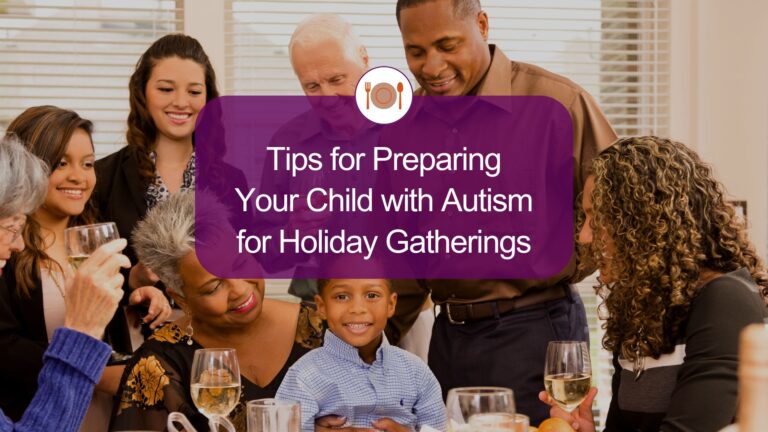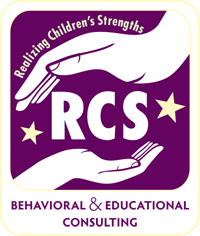Tips to Prepare Your Child with Autism for Holiday Gatherings

6 Practical Tips
The holiday season can be a joyous time, but they can also present unique challenges. New environments, unfamiliar faces, and disrupted routines can sometimes lead to sensory overwhelm. However, with thoughtful preparation and a few strategies to prepare your child with autism for holiday gatherings, you can help your child navigate holiday events with confidence and joy.
1. Use Social Stories to Set Expectations
Social stories are a fantastic tool to help children with autism understand what to expect during holiday gatherings. Create a story or use visuals to walk your child through the event, including who will be there, what activities will happen, and any sensory experiences they might encounter. For example, mention relatives arriving, festive music playing, or sitting down for a meal together.
2. Practice Ahead of Time
Rehearse certain elements of the gathering, such as saying hello to guests, opening gifts, or sitting at the table for a meal. Role-playing scenarios can make unfamiliar social interactions feel more predictable and manageable.

3. Plan for Sensory Needs
4. Maintain Routines as Much as Possible
5. Communicate with Hosts
6. Celebrate Small Wins

Learn how RCS Behavioral & Educational Consulting can support your family with individualized, high-quality autism education services. Explore our Services.
